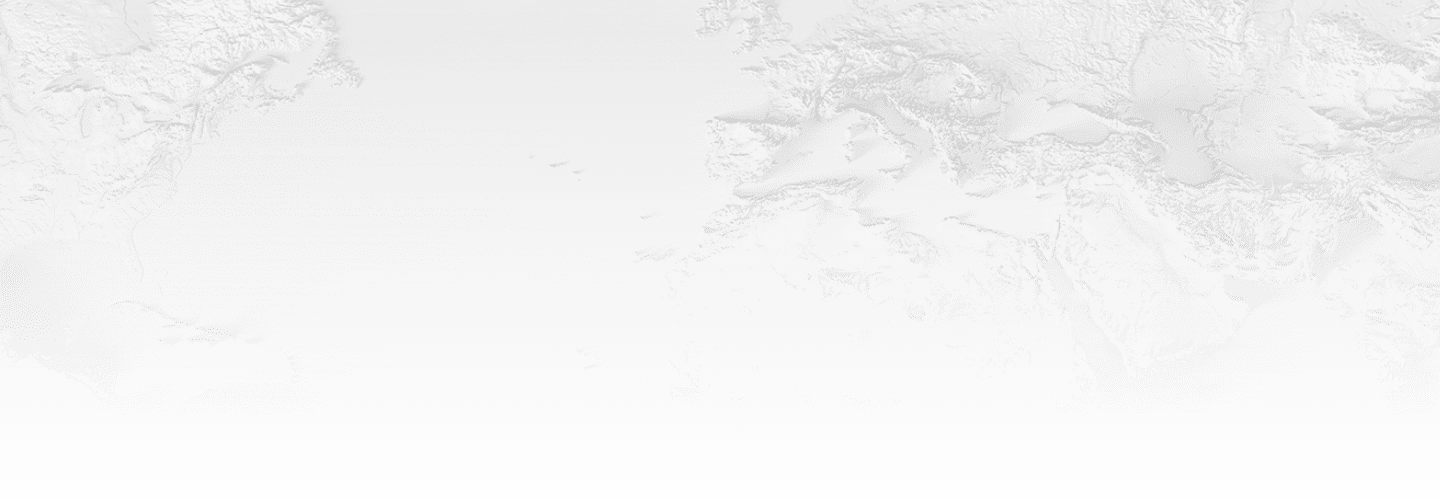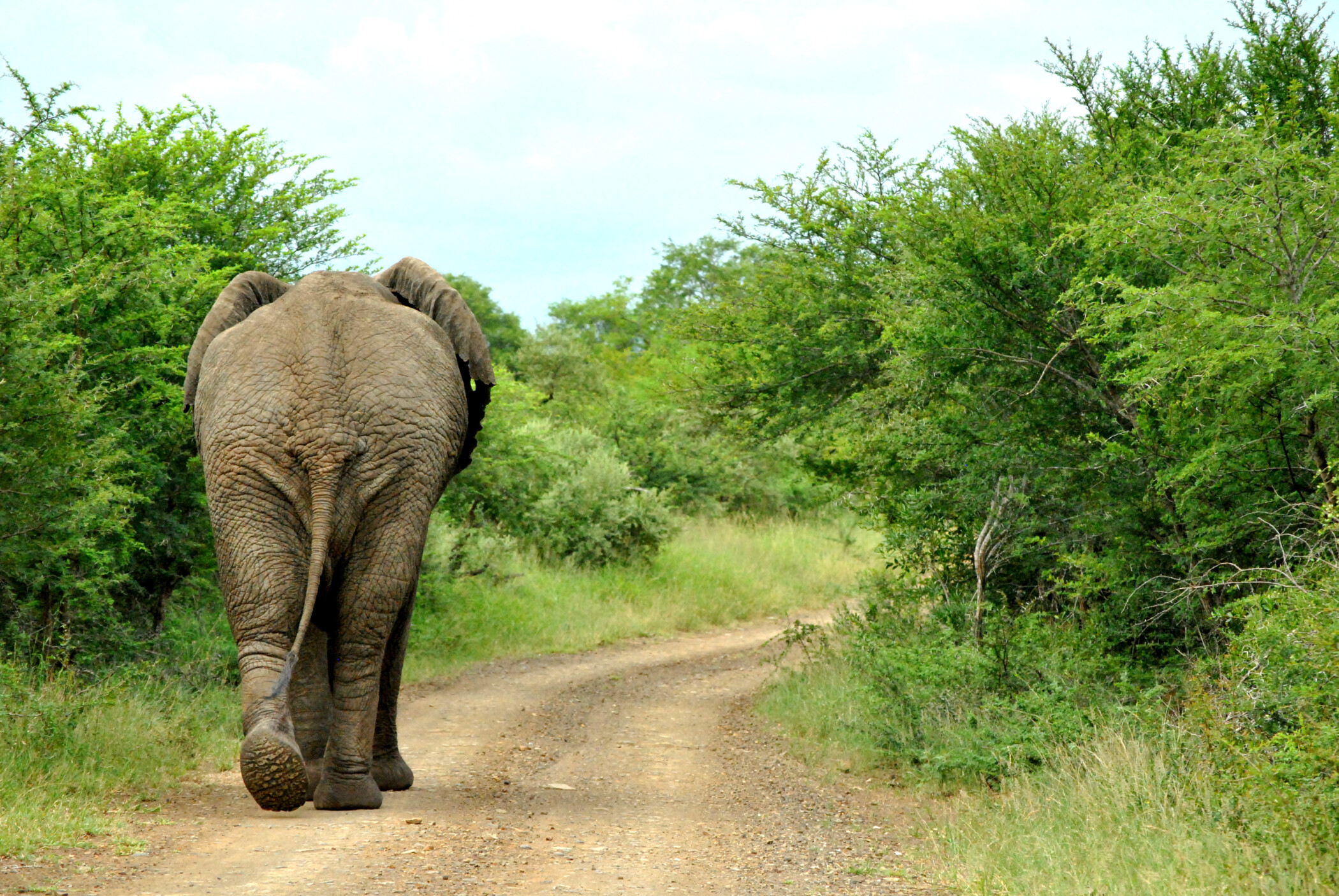



Passionately protecting and restoring critical ecosystems
The funding for Peace Parks Foundation (PPF) reflects the COmON Foundation's dedication to promoting peace, conservation, and sustainable economic development across international borders. PPF's innovative work in establishing and managing transfrontier conservation areas (TFCAs) is vital for protecting biodiversity, enhancing ecosystems connectivity, and facilitating regional peace and cooperation. With our support, PPF can further their mission to conserve shared natural heritage and foster harmonious coexistence between nations and nature
On 1 February 1997, Peace Parks Foundation was founded by HRH Prince Bernhard of the Netherlands, Nelson Mandela and Dr Anton Rupert to facilitate the establishment of peace parks, or transfrontier conservation areas (TFCAs), in southern Africa.
The Peace Parks dream is to re-establish, renew and preserve large functional ecosystems that transcend man-made boundaries – thereby protecting and regenerating natural and cultural heritage vital to enabling and sustaining a harmonious future for humankind and the natural world.
I know of no political movement, no philosophy, and no ideology which does not agree with the peace parks concept as we see it going into fruition today. It is a concept that can be embraced by all. In a world beset by conflict and division, peace is one of the cornerstones of the future. Peace Parks are building blocks in this process, not only in our region, but potentially the entire world. Nelson Mandela 1997
Twenty years on, southern Africa’s TFCAs incorporate over half of the declared conservation estate in the region. At over a million square kilometres, they rival the combined landmass of France and Spain.
The achievements have been thanks to the political will of the region’s leaders, the dedication of government and private sector entities and individuals, and the extraordinary and continued support of donors worldwide.
The concept of TFCAs is formally supported by all Southern African Development Community (SADC) members states, forms part of the official development strategy of SADC, and is being incorporated into the national legislation and policies of most SADC countries, as well as, their conservation agencies.
Under the chairmanship of Johann Rupert, the aim is to facilitate the delivery of fully functional peace parks, managed in harmony with their surrounding communities, to create sustainable local, national and regional benefit flows.
Over the last two decades the global number of transboundary protected areas complexes (TBPA) has gradually increased from 59 transborder areas (combined from 70 protected areas) as identified by IUCN in late 1980’s, to 169 (involving 666 individual protected areas) in 2001, and to 188 internationally adjoining protected areas (with at least 818 individual sites) by 2005. In 2007 the UNEP World Conservation Monitoring Centre (UNEP-WCMC) drew up an inventory that identified 227 TBPA complexes incorporating 3 043 individual protected areas or internationally designated sites.
Peace Parks Foundation is proud to play a key role in developing this global, forward-thinking conservation methodology across southern Africa. Werner Meyburgh CEO Peace Parks Foundation
Dive into the heart of conservation with Peace Parks TV, offering an exclusive behind-the-scenes look at the efforts to safeguard our natural world. The content is sourced directly from the firsthand experiences of Peace Parks’ staff, capturing their daily endeavors across protected areas. Join them on journeys from soaring over Africa’s grand rivers to engaging with communities, aiding small-scale farmers, joining ranger patrols against illegal activities, and witnessing the intricate process of animal translocations.
Let Peace Parks TV inspire you to support the conservation of our precious natural heritage.
Stay connected with Peace Parks TV on social media, and help spread the message of conservation globally by liking, sharing, and subscribing